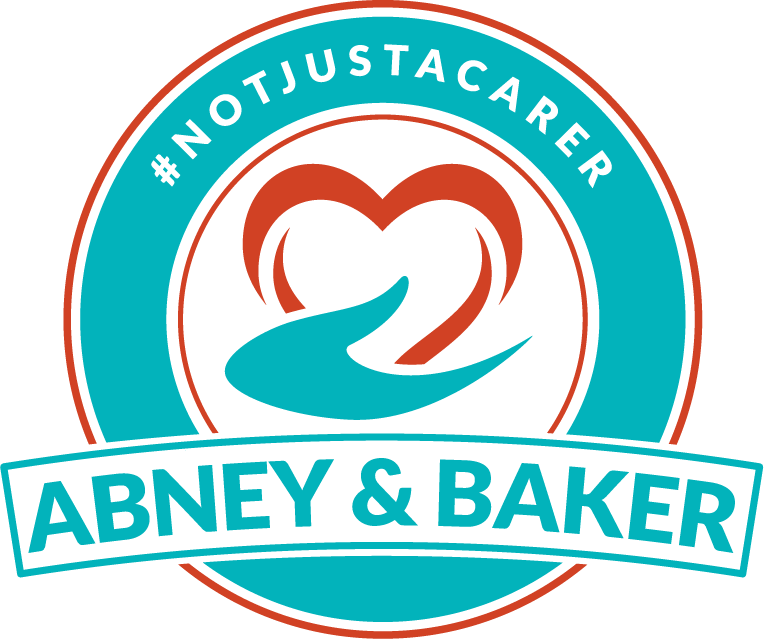Dementia affects each patient differently, so it’s important to communicate with them in the right way for them. It’s key to listen carefully to your loved one and take time to process what they have said before you respond to them. You can also have meaningful nonverbal communication with someone diagnosed with dementia.
Here you can learn a few tips on how to better communicate with your loved one suffering from vascular dementia, mixed dementia, lewy body dementia, frontotemporal dementia or Alzheimer's disease.













